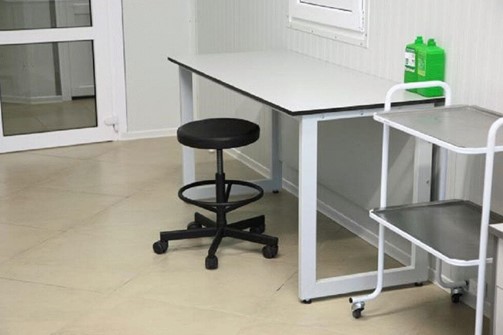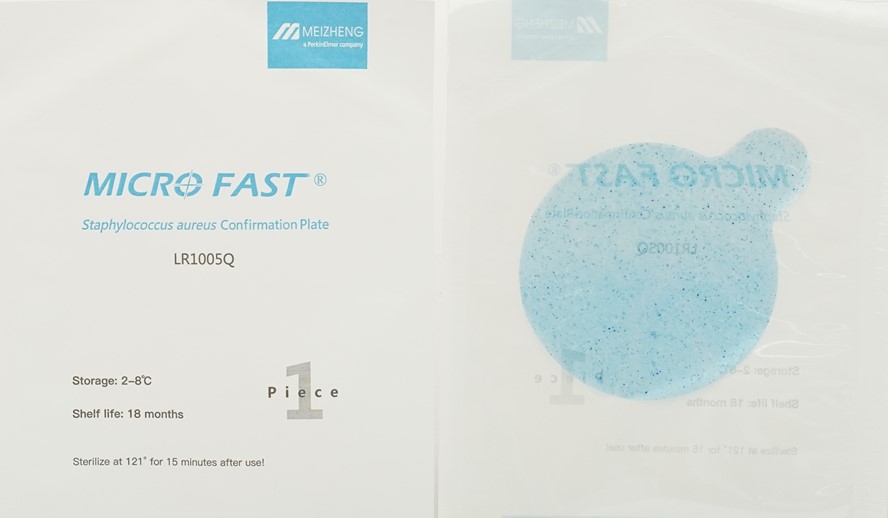Oreshkin doubted the justification of state investments in yuan
“The dollar and the euro should be exchanged for rubles and not for other currencies,” said Russian presidential aide Maxim Oreshkin during a discussion at the plenary session of the Moscow Financial Forum on September 8.
“My opinion is always that you need to believe in yourself, and not look for some kind uncle in the West or in the East, in whom you can invest and this will help us later. We need to build a system where we primarily depend on ourselves and invest in ourselves,” Oreshkin said.
Earlier today, Finance Minister Anton Siluanov said in an interview with Rossiya 24 that the share of the Chinese yuan in Russian state reserves will increase, which is primarily due to the growth in Russian-Chinese trade. “Under the current conditions, I think that if you create reserves and keep money in gold and foreign exchange reserves, then first of all, of course, this is gold, this is the yuan, as well as a number of other currencies of friendly countries,” Siluanov said.
"It's time?" Siluanov responded to Kudrin's words about 11 years in the Ministry of Finance Politics
As BLOOMBERG reported on September 1, the Russian financial authorities are considering the issue of additional purchases of yuan in the equivalent of several tens of billions of dollars, in order to then invest these funds (in yuan and other currencies of friendly countries) in technological imports from these countries or in infrastructure to turn foreign trade to the East .
“The Ministry of Finance has nowhere to go: sooner or later, for the funds of the National Welfare Fund, either within the budget rule or outside the budget rule, it will be necessary to look for suitable investment instruments. These instruments must meet two qualities - reliability and liquidity. Maybe it will be the yuan, maybe over time it will be Indian financial instruments, ”VEB.RF senior banker, former Deputy Minister of Finance Sergey Storchak told RBC on the sidelines of the forum.
According to Storchak, it is possible to organize foreign trade settlements in rubles. “One company from India, engaged in the supply of medical equipment to RUSSIA, under a foreign trade contract, supplies equipment not directly to a Russian importer, but to its Russian branch. From the site of the branch, deliveries are made to the Russian importer of equipment, and the importer pays in rubles. Further, corporate settlements take place between the Indian company and its Russian branch. In fact, for the import of technological products, payments are made in rubles, ”he gave an example.
Read on RBC Pro Pro You opened an account abroad and use it.What you can be fined for Instructions Pro The EXPORT market in Russia has changed:how to sell goods abroad now Instructions Pro Promotions of the future:how the Lieberman brothers are selling stakes in their own liveshow to save millions in a low-paying job Articles Pro 100 thousand sellers came to Wildberries and Ozon:what happens in e-comm Predictions Pro "End of Plenty".What will happen to the European economy and is a crisis possible Articles Pro The three most bad habits of businessmen and how to beat them InstructionsPro Show reasonable toughness: how to earn the authority of the new boss Instructionshow to earn authority for a new boss Instructionshow to earn authority for a new boss InstructionsDebate on budget deficits
Oreshkin made it clear at the session that he sees a contradiction between the policy of a balanced budget, which the Russian Ministry of Finance has long adhered to, and the idea of investing in the currencies of countries with large budget deficits.
“I even have a question for Anton Germanovich [Siluanov]: the Ministry of Finance proposes to invest in yuan and at the same time says that we need a balanced budget, because investors will not believe us, we will not be able to borrow, etc. But CHINA is a country with a budget deficit of 5% of GDP this year, 5.1%. Why do we propose to invest [in yuan]? In this sense, Anton Germanovich as an investor - why does he invest in a country with a large budget deficit, and says that they will not invest in us if we do not have a zero deficit? Oreshkin said.
The general government deficit in China for the first half of 2022 widened to a record high — the equivalent of $758 billion, Bloomberg reported in July. China is allocating 7.2 trillion yuan ($1.1 trillion) for infrastructure construction - "a decisive shift away from a policy focus on debt control," the agency wrote.
However, in 2022, Russia's budget policy will again become stimulating, the Ministry of Finance has increased the planned amount of federal budget spending by more than 3 trillion rubles. with the expected decline in non-oil and gas revenues, the Bank of Russia noted in August. However, from 2023, a transitional period of reducing the budget deficit will begin, with completion in 2025.
Deputy Finance Minister Alexei Moiseev - RBC: "I believe that the dollar is not needed" Finance
Andrey Kostin, HEAD of VTB Bank, said at the same session of the Moscow Financial Forum that while the Finance Ministry "doesn't really like [such] things," "government borrowing can be increased." “Today it was announced that the Ministry of Finance is re-entering the [OFZ] market. This is very good, we are ready to buy government securities. We believe that the budget should be financed, among other things, through the growth of borrowings,” Kostin said.
In 2019, Oreshkin admitted in an interview with RBC that he was interested in "modern monetary theory" (MMT). The key position of this theory is that budget deficits do not mean anything, the monetary policy of the central bank should be subordinated to budget policy - the central bank should be ready to issue money to finance government spending.
“The balance between the budget deficit or private credit must be found based on the goals of socio-economic development, and this balance can be any for a particular country: somewhere there will be a large deficit with a growing public debt, and there will be nothing to worry about if the goals are not connected with the growth of private credit, but are associated with the growth of public credit. And there are no restrictions for a country that borrows in the national currency in terms of deficit and debt, ”Oreshkin said then.
Ruble convertibility
Chairman of the Accounts Chamber Alexei Kudrin said at the Moscow Financial Forum that the ruble has now lost its free convertibility, and in such conditions it is difficult to claim attractiveness for international settlements. “Our currency was convertible from 2006 to 2022. The convertibility of the Russian ruble has now been suspended,” he said.
“Our export-import is more than 50% in dollars and another 30% in euros. It is difficult for us to replace them with other currencies: the Russian ruble, and even the yuan. Because when buying technologies that are critical for us, it will not always be possible to pay off the yuan,” Kudrin said.
Even if the currency is freely convertible, this is not enough to raise its international prestige, Elvira Nabiullina, chairman of the Bank of Russia, emphasized this. “It is important that the country has low inflation. If inflation is high, the currency depreciates [...] and will not be taken,” she said.
State-owned companies will be required to draw up plans for the use of toxic currencies Economics
On September 8, in an interview with RBC, Deputy Finance Minister Alexei Moiseev said that “the currency that everyone is looking at right now is, of course, the yuan, because there is a large market and a stable exchange rate, at least in relation to the dollar ". “But the yuan is not the only currency being considered. The dirham (the currency of the United Arab Emirates) and a number of other currencies of smaller markets are also being considered,” Moiseev added.
In recent months, Russian banks have been actively selling yuan to customers, including cash. Sberbank announced that it is starting to lend to Russian companies in yuan. “Look how the volume [of trading on the Moscow Exchange] of the ruble-yuan currency pair has changed: it has grown 50 times since February. Everything is traded if there is supply and demand,” Moiseev said, adding that Moscow and Beijing planned to increase bilateral trade to $200 billion. In January-August, trade between Russia and China reached $117.2 billion, according to China’s customs.




























































